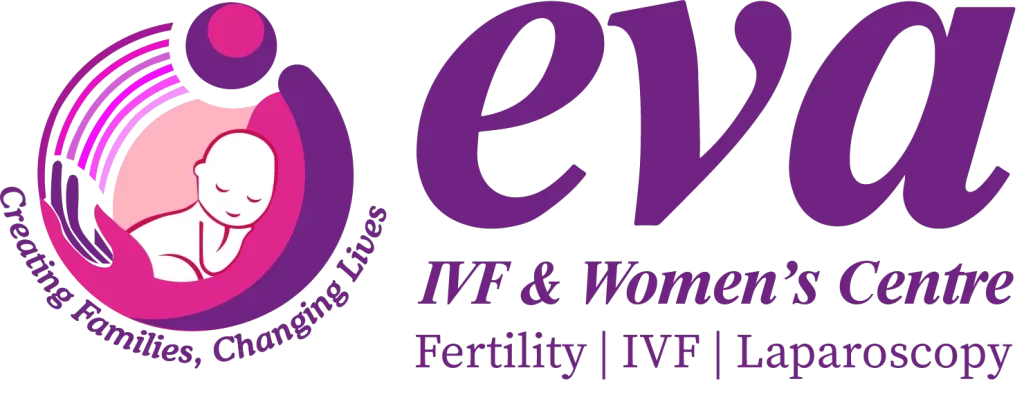Fertility After Abortion: Separating Myth from Reality in This Comprehensive Guide
Fertility Post an Abortion:
After an abortion, whether spontaneous (miscarriage) or induced, fertility can vary depending on individual circumstances and factors related to the abortion. Here are some considerations regarding fertility post-abortion:
- Physical Recovery:
Following an abortion, whether surgical or medical, it’s essential to allow your body time to recover. This includes healing of the uterus and cervix, as well as a return to normal hormonal balance. Your healthcare provider can provide guidance on post-abortion care and any necessary follow-up appointments to monitor your physical recovery.
- Ovulation and Menstrual Cycle:
In many cases, ovulation and the menstrual cycle resume within a few weeks to a couple of months after an abortion. However, the timing can vary depending on factors such as the type of abortion procedure, hormonal changes, and individual differences.
- Fertility Concerns:
While most individuals regain their fertility relatively quickly after an abortion, it’s essential to address any concerns or complications that may arise. For example, if you experience irregular periods or difficulty conceiving after several months, consult with a healthcare provider or fertility specialist for evaluation and guidance.
- Future Pregnancy Planning:
If you’re considering trying to conceive again after an abortion, it’s advisable to wait until you’ve physically and emotionally recovered.
- Contraception:
After an abortion, it’s crucial to discuss contraception options with your healthcare provider to prevent unintended pregnancies until you’re ready to conceive again.
Myths About Fertility and Abortion:
There are several myths surrounding fertility and abortion that can lead to misinformation and misunderstanding. Here are some common myths debunked:
- Myth: Abortion Causes Infertility:
One of the most prevalent myths is that having an abortion can lead to infertility. In reality, abortion, whether spontaneous (miscarriage) or induced, typically does not affect fertility.
- Myth: Having Multiple Abortions Causes Infertility:
Another misconception is that having multiple abortions can lead to infertility. While multiple abortions may increase the risk of certain complications, such as uterine scarring or infection, the overall impact on fertility is generally minimal.
- Myth: Abortion Damages the Uterus:
Some people believe that abortion can damage the uterus, leading to fertility problems. While complications from abortion procedures can occur, they typically do not result in long-term damage to the uterus or reproductive organs.
- Myth: Abortion Reduces Fertility Later in Life:
There’s a misconception that having an abortion early in life can reduce fertility later on. However, age-related factors such as ovarian reserve and egg quality have a more significant impact on fertility than a history of abortion.
- Myth: Abortion Causes Psychological Trauma That Affects Fertility:
While abortion can be a complex and emotional experience for some individuals, the notion that it causes long-term psychological trauma that impacts fertility is not supported by scientific evidence.
How to Have an Abortion that Does Not Affect Your Fertility?
Having an abortion that minimises the impact on fertility involves several considerations and steps to ensure a safe procedure and optimal reproductive health afterward. Here are some guidelines:
- Seek Early Care:
It’s important to seek abortion care as early as possible in pregnancy, as earlier procedures generally carry lower risks and are less likely to impact fertility.
- Follow Medical Advice and Aftercare:
This may include taking medication as prescribed, attending follow-up appointments, and adhering to any recommended post-procedure restrictions or activities.
- Address Underlying Health Conditions:
If you have any underlying health conditions that could impact fertility or increase the risks associated with abortion, discuss them with your healthcare provider.
At Eva IVF & Women’s Centre we provide treatment while prioritising your safety and care. We will give you correct medical advice and aftercare instructions, including addressing underlying health conditions, and considering contraception options. Our facilities minimise the impact on your fertility and support your overall reproductive health and well-being.
